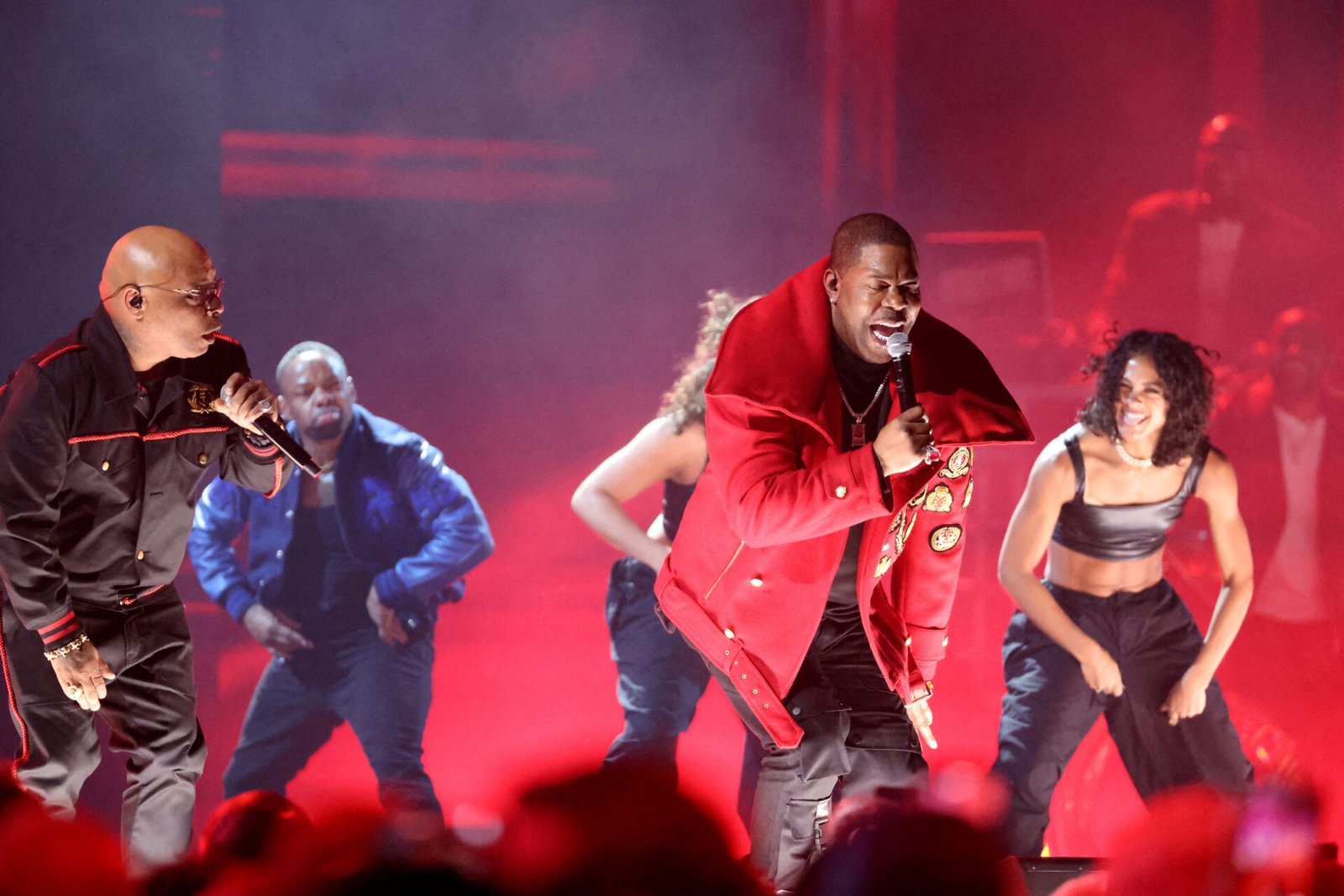In a decisive move, the Recording Academy, responsible for the revered Grammy Awards, announced on Friday that only human creators would be eligible for the prestigious music accolades. This decision comes as the Academy aims to restrict the use of artificial intelligence (AI) in the music industry.
According to the updated rulebook, music composed solely by AI is explicitly prohibited from consideration. However, certain categories may allow for music created with the assistance of AI to qualify, as long as human authorship is involved. The revised guidelines state, “A work that contains no human authorship is not eligible in any categories.” Additionally, to earn a nomination, music creators must now contribute to at least 20% of an album, marking a departure from the past when even individuals with minimal involvement, such as producers, songwriters, engineers, or featured artists, could secure a nomination for Album of the Year.
The inaugural Grammy Awards ceremony took place in 1959, serving as a means to honor music creators from the year prior. As the landscape of music creation continues to evolve, the Recording Academy aims to strike a balance between technological advancements and human artistic expression.
With the advent of AI-powered applications, including the recent launch of OpenAI’s ChatGPT, which generates human-like dialogue based on simple inputs, the creative possibilities have expanded exponentially. AI applications have found their way into various domains, enabling users to animate still photos, craft avatars in films, and even compose songs, essays, and articles. However, the growing prevalence of AI has sparked concerns in multiple professions, as professionals fear the potential displacement of human creators.
In the realm of screenwriting and acting, both the Writers Guild of America (WGA) and the Screen Actors Guild (SAG-AFTRA) are grappling with the implications of AI. The WGA seeks to regulate the use of AI in screenwriting, while actors represented by SAG-AFTRA strive to maintain control over their digital personas and ensure appropriate compensation.
In early May, WGA writers initiated a strike, and negotiations with studios, which include discussions on the use of AI, remain ongoing. Similarly, actors may follow suit with a potential strike if SAG-AFTRA fails to reach an agreement on similar concerns. The intersection of AI and the creative fields continues to fuel debate and shape the future of these industries.
As the music industry sets its course for the Grammy Awards, embracing the contributions of human creators while cautiously navigating the impact of AI, the recognition of artistic talent remains at the core of the prestigious honors.
READ MORE:
